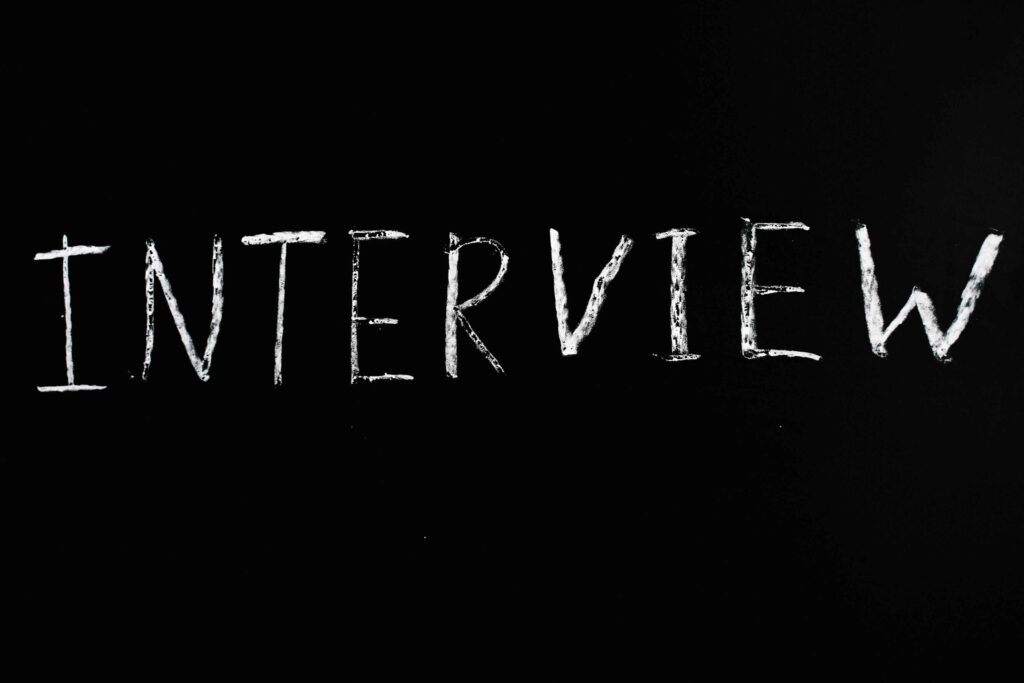What Impact Do Medical School Interviews Generate?
How Much Do Med School Interviews Matter? The medical school admission system includes medical school interviews which stand as the final screening step for medical science aspirants. Standardized tests along with academic results matter but medical school interviews offer applicants the singular advantage of demonstrating their relational abilities combined with their commitment and medical career readiness. This research explores med school interviews by explaining their fundamental importance alongside their components and their influence on application acceptances.
Incoming medical school applicants need to understand the importance of admission interviews.
The Purpose of Interviews:
- Assessment of Interpersonal Skills: Thru the interview process admissions committees gain insight about a candidate’s communication abilities alongside their empathetic nature and their social interaction skills.
- Evaluation of Motivation and Commitment: Through interviews medical school candidates demonstrate their drive for medicine together with their grasp of medical practice.
- Holistic Review: The evaluation process through interviews produces complete insights into potential students who exceed traditional assessment measures.

Types of Med School Interviews:
Traditional Interviews: During traditional one-on-one sessions with faculty and admissions committee members candidates discuss personal Med School experiences while sharing their motivations.
Multiple Mini Interviews (MMI): Candidates move from one short question-focused point to another during these specific interview stations designed to evaluate key abilities.
Group Interviews: During group-based interviews admissions evaluators monitor how applicants work together and interact with their peers.
The Weight of Interviews in the Admissions Process:
Academic Performance vs. Interview Performance:
- GPA and MCAT Scores: The essential metrics fail to reveal the full extent of medical capabilities among prospective doctors.
- Interview as a Differentiator: The factor that decides between equally qualified applicants rests on their interview performance.
Statistical Insights:
- Acceptance Rates: Research data shows interview champion candidates consistently attain better acceptance rates in medical schools entering their finals decisions.
- Impact on Final Decisions: Numerous admissions committees reveal the importance of interview ratings which overrides academic records for making final admission decisions.

What Admissions Committees Look For:
Key Qualities and Skills:
Communication Skills: The fundamental capability consists of both clear thought expression along with active listening abilities.
Empathy and Compassion: Human professionals Med School demonstrate the necessary ability to empathize while understanding other people’s life encounters.
Critical Thinking: People with this skill combine analysis with making decisions in complex situations.
Teamwork and Collaboration: Creating successful relationships with fellow team members in professional work environments.
Common Interview Questions:
Motivation for Medicine: What makes you decide to pursue a career as doctor?
Ethical Dilemmas: During an interview how would you approach caring for a patient who refuses medical care?
Personal Experiences: Dream says “What demanding situation did you deal with followed by your strategy to conquer it?”
Preparing for Med School Interviews:
Research and Self-Reflection:
Know the School: Learn about the mission directives and cultural setup that guides the medical school.
Reflect on Experiences: Explain to the interviewers Med School your personal life experiences which endorsed your decision to become a medical professional.

Practice and Mock Interviews:
- Conduct Mock Interviews: Peer-based interview preparation or mentorship along with standardized programs help students develop interview competencies.
- Receive Feedback: Constructive feedback will help you optimize your interview answers together with your presentation skills.
Staying Informed:
- Current Events in Medicine: Stand ready to understand both new healthcare treatments as well as medical ethical developments.
- Understand the Role of a Physician: Learn about all medical duties and physician hardships that they must handle.
The Psychological Impact of Interviews:
Stress and Anxiety Management:
- Recognizing Interview Anxiety: Managing nervous feelings remains a typical experience because emotional control is feasible.
- Techniques for Calmness: To decrease anxiety practice mindfulness alongside deep breathing as well as mental imagery methods.
Building Confidence:
Positive Self-Talk: For mental clarity switch your mental focus from doubtful thoughts towards beliefs that reflect your capabilities together with your readiness for this opportunity.
Focus on Strengths: Bring attention to attributes along with educational achievements which make you an exceptional candidate. You can contact us here.
Conclusion:
Medical school interviews function as fundamental assessment tools which enable aspiring medical candidates to communicate their interpersonal abilities together with their medical-related motivations and medical readiness status. Academic achievements remain important but judges interview performance as the differentiating component


